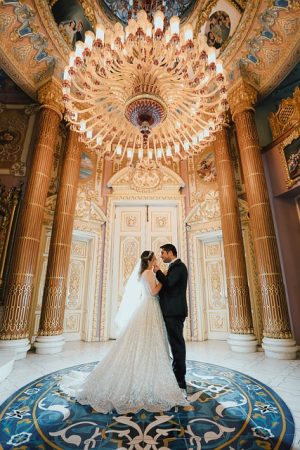In the UK, marriage certificate translations require strict adherence to legal standards. Certified translations by qualified professionals ensure accuracy and authenticity, crucial for international marriages and cross-border legal matters. Professional translators combine linguistic expertise with UK legal knowledge to preserve critical terms and document integrity. Choosing a reliable service with certified translators is vital to avoid legal issues; their work maintains the validity of documents like birth certificates and contracts. Using uncertified translations can lead to document rejection, delays, or fraud charges. Official bodies certify accurate translations, emphasizing precision and legality for sensitive documents. AI-driven tools assist but don't replace human expertise, aiming to streamline services while maintaining quality in UK legal translation.
“In the UK, accurate and certified marriage certificate translations are indispensable for legal proceedings. This comprehensive guide navigates the intricate world of marriage certificate translation services within the UK legal framework. We explore essential aspects, from understanding specific legal requirements to highlighting the potential consequences of using uncertified or inaccurate documents.
By delving into types of required documents, choosing reputable translation services, and avoiding common mistakes, you’ll gain valuable insights for ensuring your marriage certificate translations meet professional standards and legal implications.”
- Understanding the Legal Requirements for Marriage Certificate Translations in the UK
- The Importance of Accuracy and Professionalism in Legal Translation
- Types of Documents That Require Certified Translation for UK Legal Proceedings
- Choosing the Right Translation Service for Your Marriage Certificate
- What to Expect During the Certification Process
- Common Mistakes to Avoid When Translating Marriage Certificates
- Legal Implications of Using Uncertified or Inaccurate Translations
- The Role of Official Bodies in Certifying Translations
- Future Trends and Technologies in UK Legal Translation Services
Understanding the Legal Requirements for Marriage Certificate Translations in the UK

In the UK, a marriage certificate is a legal document that holds significant importance. When it comes to translating this document for use in another country or for official purposes, accuracy and authenticity are paramount. Certified translation services are often required for various legal processes, especially when dealing with international marriages or cross-border legal matters.
The legal requirements for marriage certificate translations in the UK are stringent. Any translation must be carried out by a qualified professional translator who is familiar with both the source and target languages. The translated document should be certified, indicating its authenticity and accuracy. This process ensures that the original meaning and legal validity of the marriage certificate are preserved, making it acceptable for official use in the UK or abroad.
The Importance of Accuracy and Professionalism in Legal Translation
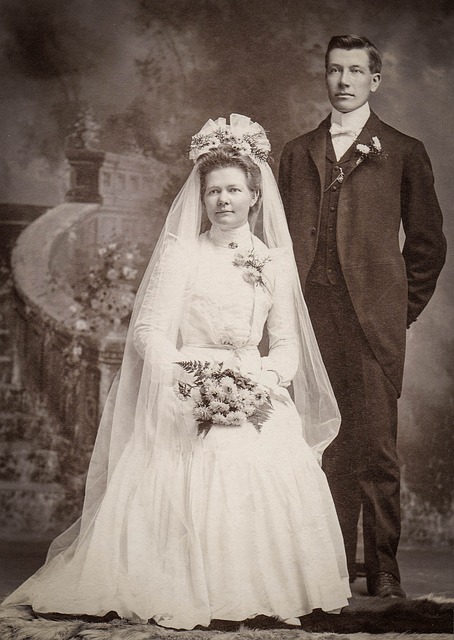
Accuracy and professionalism are paramount when it comes to legal translation, especially in the context of a marriage certificate translation UK. The nuances and precision required in such documents cannot be overstated. A single misinterpreted phrase could have significant consequences, leading to delays or even legal disputes.
Professional translators understand the gravity of their role. They employ specialized knowledge not only of language but also of the legal system to ensure that every term is translated accurately and contextually. This includes understanding legal terminology specific to marriage certificates, such as ensuring the correct translations for various legal statuses, ceremonies types, and other critical information. The integrity and competence of translators are essential to uphold the authenticity and validity of these important documents.
Types of Documents That Require Certified Translation for UK Legal Proceedings
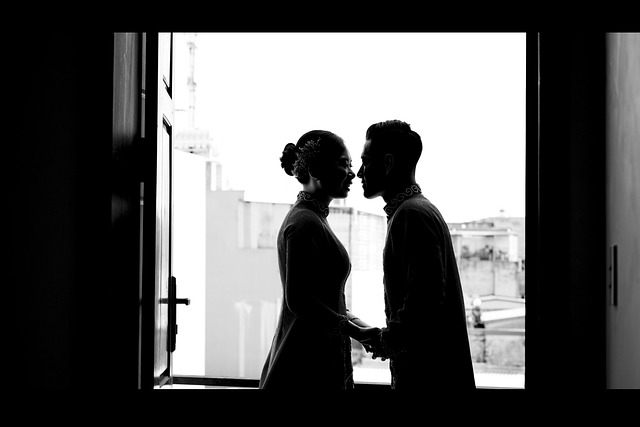
When it comes to UK legal proceedings, certain documents require certified translations to ensure their acceptance and validity. This is particularly important for official papers that play a crucial role in legal matters, such as those involving international elements or non-English speakers. One of the most common types of documents needing this certification is the marriage certificate translation UK. This is often required when a couple marries abroad and needs their union recognized legally in the UK.
Other than marriage certificates, several other official documents fall under this category, including birth certificates, academic transcripts, and legal contracts. These translations must be carried out by professional translators who understand the nuances of both languages to preserve accuracy and prevent any potential legal complications.
Choosing the Right Translation Service for Your Marriage Certificate
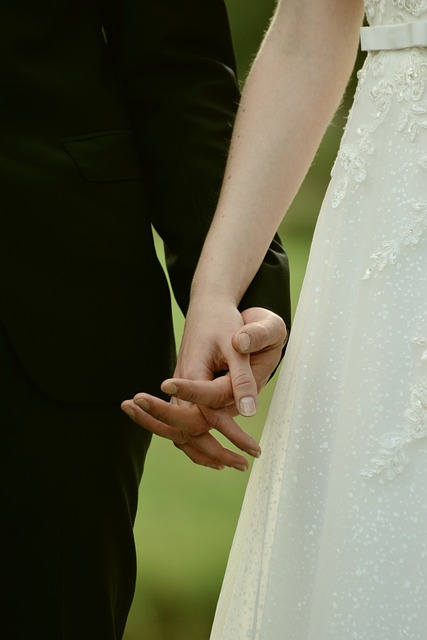
When it comes to your marriage certificate, choosing a reputable and certified translation service is paramount for UK legal purposes. This document holds significant value, and any errors or inaccuracies in the translation can have serious consequences. Look for a service that specialises in official document translations, particularly marriage certificates, to ensure precision and comply with legal standards.
Reputable translators will employ qualified linguists who understand the nuances of both languages involved. They’ll also adhere to strict quality control measures and provide certifications to validate the authenticity of the translation. Always request samples or case studies to assess their expertise in handling marriage certificate translations in the UK, ensuring a smooth and legally valid process.
What to Expect During the Certification Process

During the certification process for a marriage certificate translation UK, you can expect several key steps. Firstly, an accredited translator will review your document to ensure it’s accurately translated and culturally appropriate. They’ll confirm the accuracy of names, dates, and other vital details, ensuring no errors or omissions. Next, the translator will sign and date the translated copy, adding a professional seal or stamp to certify its authenticity. This process guarantees that the translation meets legal standards and is accepted for official purposes in the UK.
Additionally, an authorized signer, such as a notary public, will verify the translator’s signature and add their own certification. This extra layer of verification ensures the translation’s integrity and makes it legally binding. It’s important to note that the entire process aims to maintain the document’s confidentiality and security while adhering to strict legal protocols.
Common Mistakes to Avoid When Translating Marriage Certificates

When translating marriage certificates for UK legal purposes, it’s crucial to stay clear of common mistakes that can lead to significant issues down the line. One frequent error is the incomplete or inaccurate transfer of details. Every aspect of the original certificate, from names and dates to any special notes or legal clauses, must be precisely rendered in the target language. Skipping over these elements or making assumptions can result in documents that are rejected by UK authorities.
Another mistake to avoid is relying on machine translations without human oversight. While technology has advanced dramatically, automated translation tools still struggle with nuanced language, idiomatic expressions, and cultural context. A qualified translator with expertise in legal documentation ensures that the translation not only captures all technical terms accurately but also respects the formal tone and legal requirements specific to marriage certificates in the UK.
Legal Implications of Using Uncertified or Inaccurate Translations
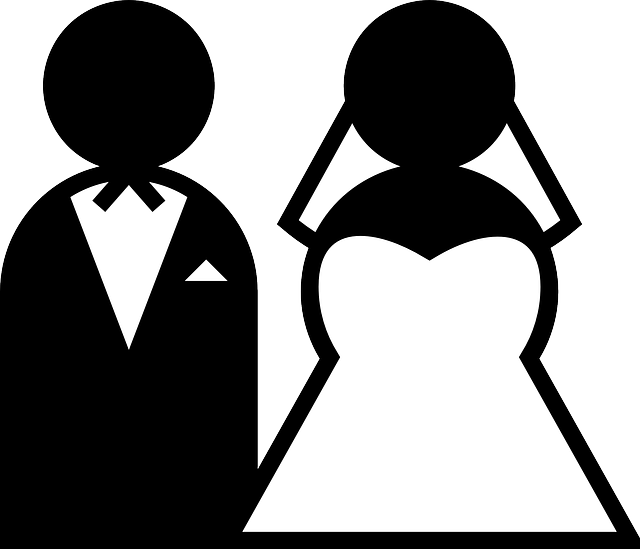
Using uncertified or inaccurate translations for legal documents in the UK can have severe implications, especially when it comes to sensitive matters such as marriage certificates. While some may attempt to save costs or expedite processes by opting for unofficial translation services, this practice is highly discouraged. Inaccurate translations can lead to misunderstandings, invalidation of legal documents, and even potential fraud charges if found to be intentionally misleading.
For official documents like a marriage certificate UK, where precision and authenticity are paramount, only certified translators should be engaged. These professionals are trained to handle such sensitive materials accurately and in accordance with the law, ensuring that every detail is preserved and correctly conveyed in the target language. Relying on uncertified translations may result in legal proceedings, delays, or even rejection of crucial documents, highlighting the importance of professionalism and expertise in translation services for UK legal purposes.
The Role of Official Bodies in Certifying Translations

Official bodies play a pivotal role in certifying translations for UK legal purposes, ensuring accuracy and authenticity. In the case of sensitive documents like marriage certificates, these bodies step in to provide professional assurance. They employ qualified translators who are fluent in both the source and target languages, adhering to strict standards set by governing laws.
The process involves thorough verification, where official bodies check for not just linguistic precision but also the overall integrity of the translated document. This includes verifying the credentials of the translator, ensuring the context remains unaltered, and confirming that the translation accurately represents the original marriage certificate. Such rigorous standards are essential to maintain the legal validity of documents like marriage certificates across borders.
Future Trends and Technologies in UK Legal Translation Services

The future of UK legal translation services looks set to be shaped by innovative technologies, aiming to enhance efficiency and accuracy. Artificial Intelligence (AI) is poised to play a pivotal role, with advanced machine translation tools capable of providing quick, cost-effective, and reasonably precise translations for documents like marriage certificates. These AI models can learn from vast datasets, improving their performance over time and reducing the reliance on human translators for routine tasks.
However, while technology advances, human expertise remains indispensable. Specialized legal translators will continue to be crucial for complex cases involving nuanced terminology and cultural nuances. The integration of AI is expected to streamline processes rather than replace professionals entirely. This evolution ensures that UK legal translation services can keep pace with the increasing demand for rapid, secure, and reliable translations, especially in areas like international family law where marriage certificates and related documents require precise handling.
When it comes to marriage certificate translations in the UK, accuracy and professionalism are paramount. Understanding the legal requirements, choosing the right service, and avoiding common mistakes are essential steps to ensure your document’s integrity. Certified translations not only meet UK legal standards but also safeguard against potential legal implications, making them indispensable for official proceedings. As technology advances, future trends in translation services promise to enhance efficiency and accessibility, ensuring that obtaining a certified marriage certificate translation in the UK becomes more streamlined and reliable.
